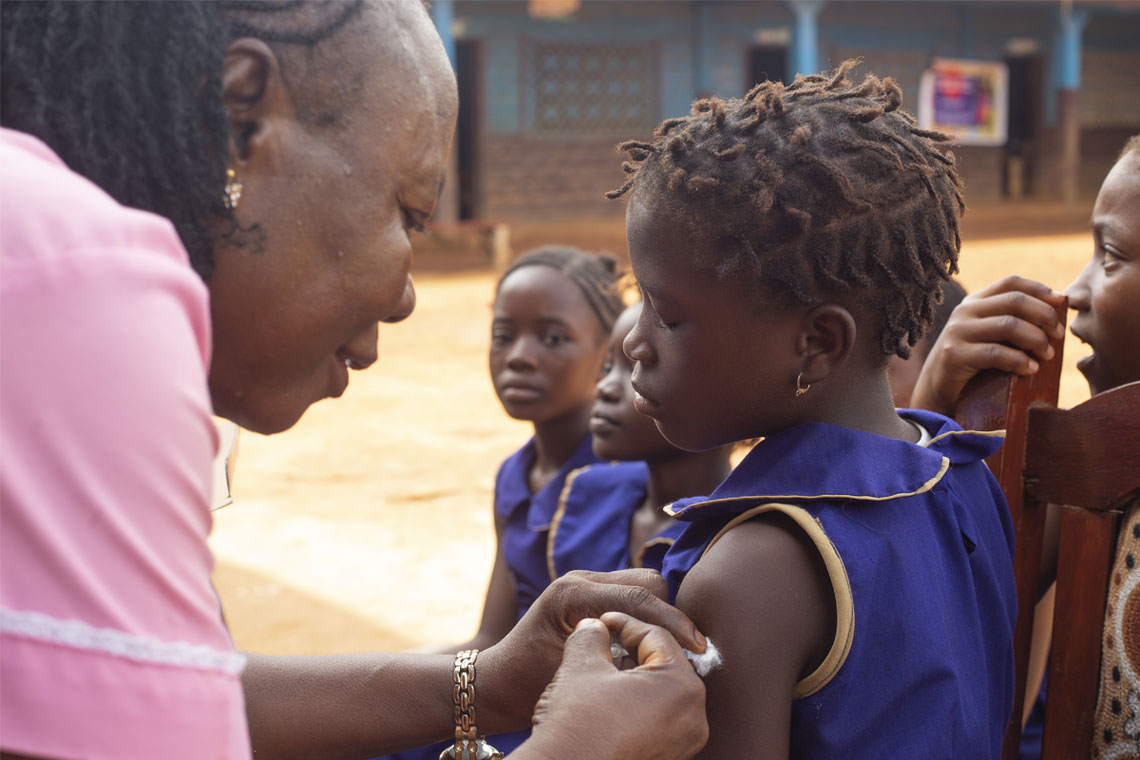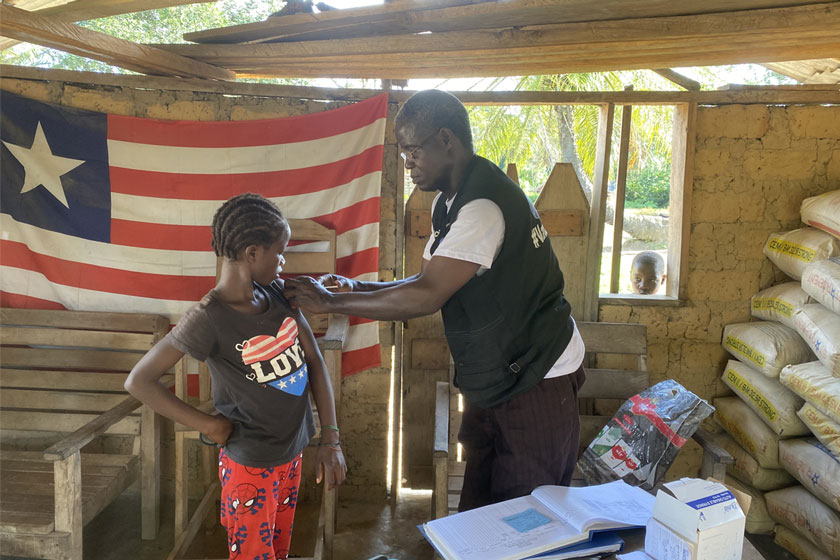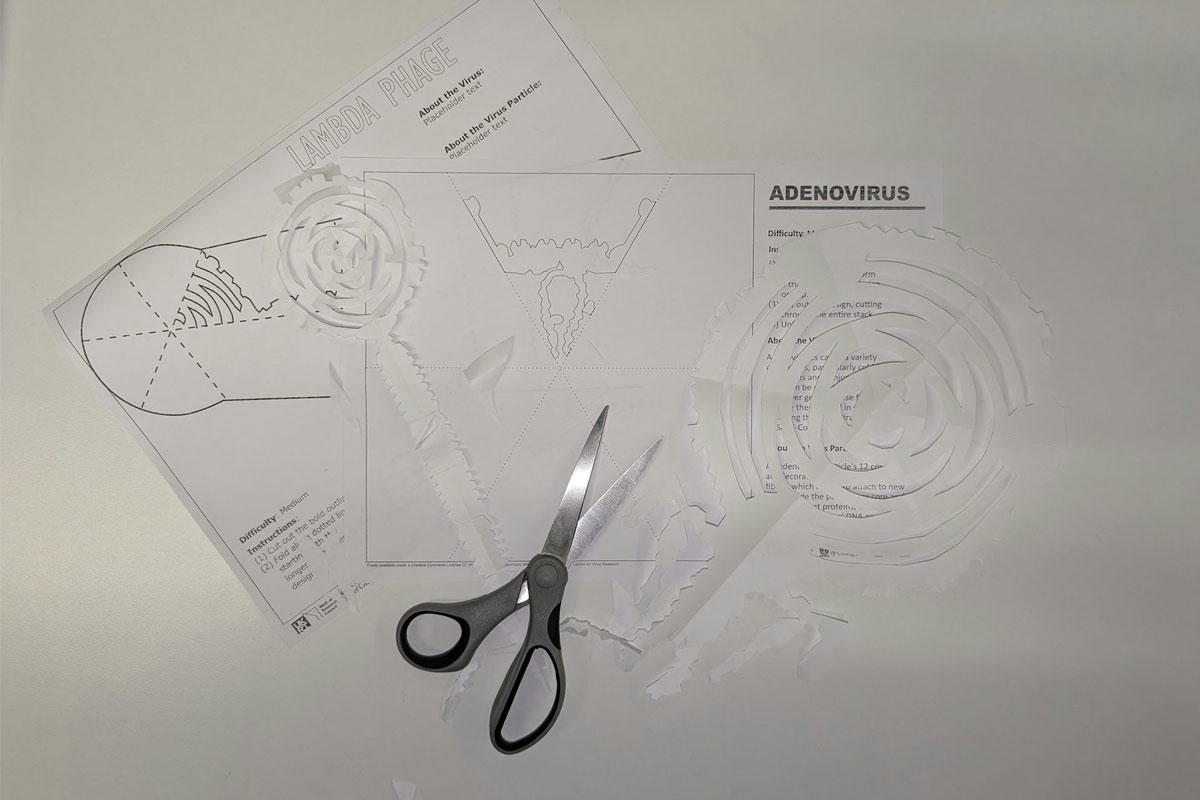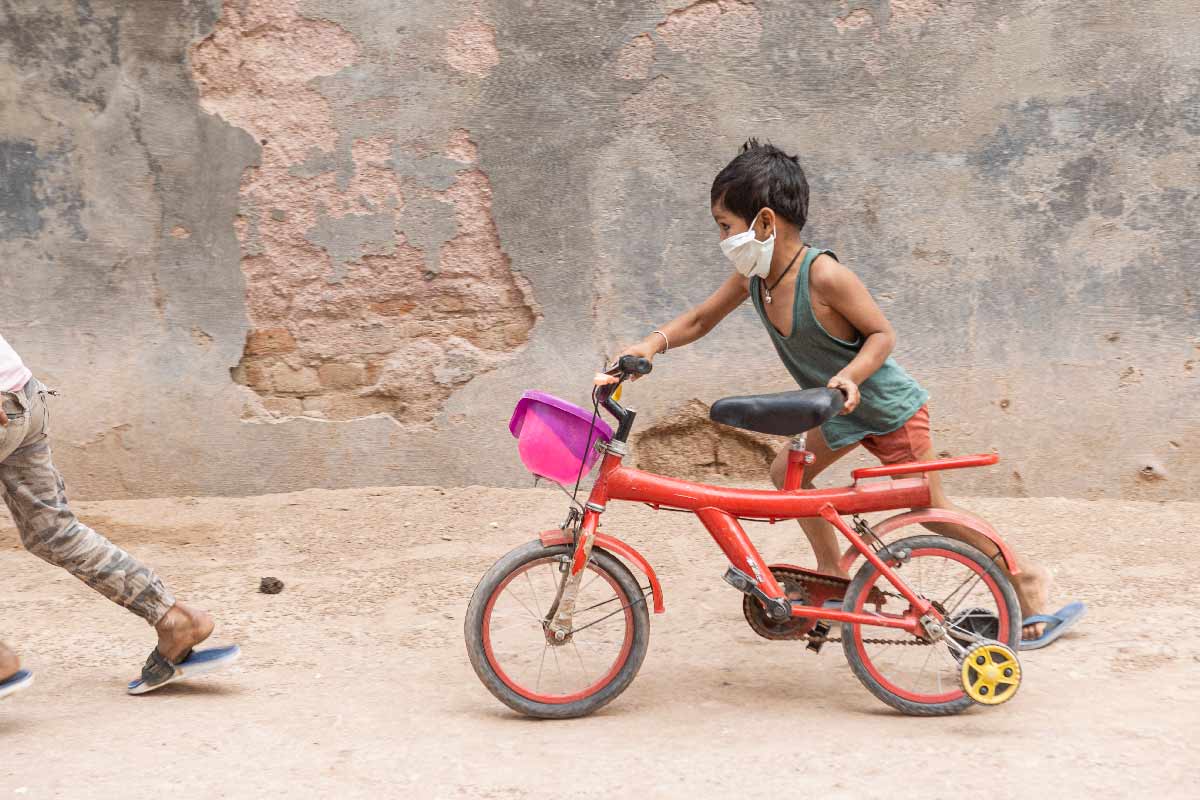I was in Kathmandu last September 18 and had a chance to witness an historic moment: the first Nepali babies receiving an inactivated polio vaccine (IPV) injection.
Nepal is a country in motion. Nepal’s efforts in constantly improving their public health system have led to a dramatic reduction in child mortality. Becoming the first Gavi-supported country to introduce IPV in their routine immunisation schedule adds to the list of impressive achievements.
This is a great example of what we can achieve collectively. From its very beginning in 1988, the Global Polio Eradication Initiative has been all about partnership. In Nepal, I was very pleased and honoured to represent Sanofi Pasteur, the world’s leading provider of IPV, and to share the stage with Nepal’s Minister of Health as well as WHO, UNICEF, Gavi, the Vaccine Alliance and Rotary International. Each plays a key role in the Polio End Game.
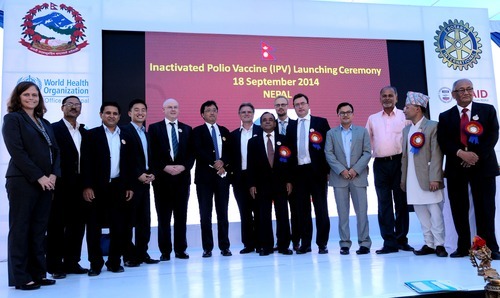
Credit: UNICEF/2014
I also had a chance to greet some very special women: the Female Community Health Volunteers. This group is unique in Nepal. Together and in their thousands, they are present in every single ward across the country. Each woman plays a key role in educating parents about child health and, in particular, vaccines. They advocate for vaccination and have been delivering oral polio vaccines (OPV) for decades, even in the most remote parts of the Himalayas.
The first routine vaccinations with IPV were performed at the launch event in the capital Kathmandu. As an organisation, Sanofi Pasteur is committed to developing, producing and distributing millions of safe and effective vaccine doses every year. But as an individual, watching children being vaccinated never fails to bring a sense of pride. No employee in our organisation will never lose sight of the final benefit of all our work: vaccines save lives.
Thanks to an ambitious polio vaccination programme, it has been four years since Nepal experienced its last case of polio. Now, Nepal has become the first Southeast-Asian country to implement WHO’s recommendation and include IPV in their routine immunisation schedule, for the benefit of all the nation’s children. Nepal is spearheading a group of more than 120 countries, which, by the end of 2015, will have followed suit and introduced IPV into their immunisation schedule.
We are just at the beginning of a challenging and exciting journey toward polio eradication. I am confident we will witness the second disease to be eradicated by mankind.


